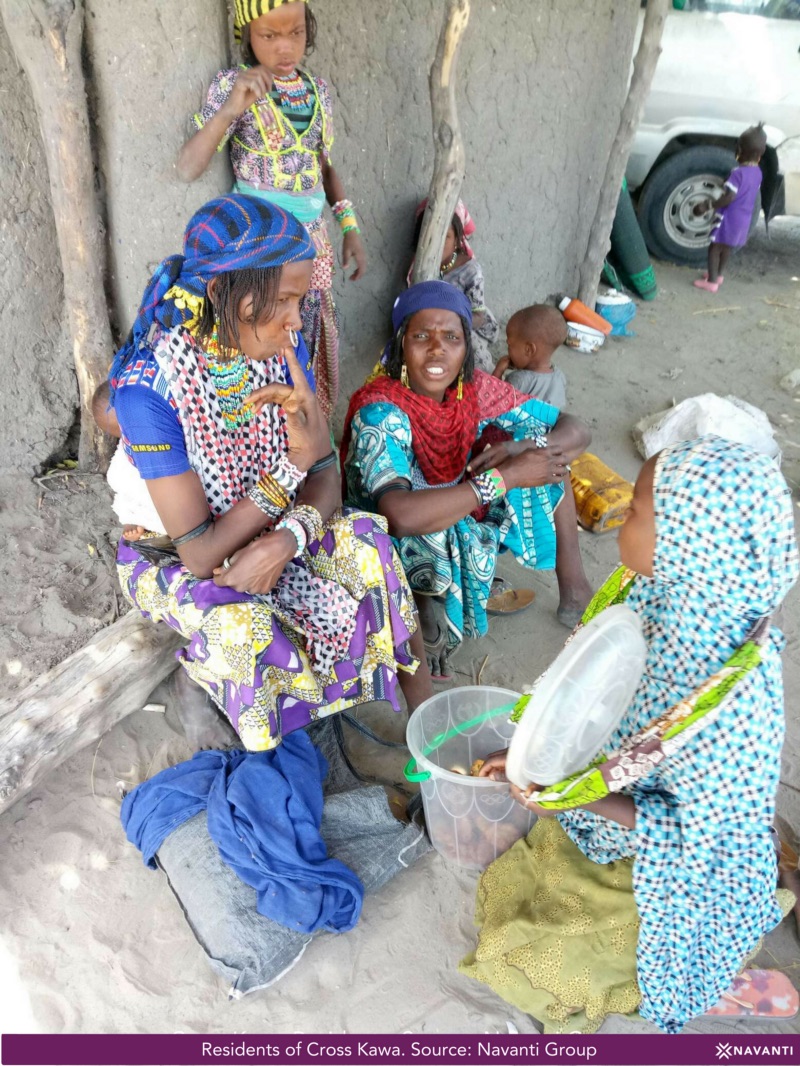In northeast Nigeria, the impact of Boko Haram rule can linger for years after the extremist organization is cleared from an area. Navanti researchers recently visited Cross Kawa, a village in Borno state that has struggled to rebuild its economy since the Nigerian military captured it from Boko Haram in late 2015.


Today, civilians in Cross Kawa are constrained by two forces. Boko Haram militants periodically target farmers working their fields or tending to livestock outside the village, while the Nigerian military prevents civilians from traveling more than 10km from the town limits. As a result, people have been deprived of their traditional livelihoods: agriculture and pastoralism.

Making matters worse, the government imposes high tariffs on the fish trade. These restrictions are aimed at limiting an important source of funding for Boko Haram, but end up impacting residents as well, many of whom make their living trading fish. Navanti researchers were shocked at the level of food insecurity they witnessed in Cross Kawa, a full three years after Boko Haram was forced out.
Residents have turned to odd jobs to make ends meet.


Some people tend small gardens at home, and sell their produce at the village market.

No NGOs are present in the area. Researchers noted that villagers were frustrated by the restrictions placed on their mobility and lack of job opportunities.

People have little to do but wait until the threat of violence passes and the government lifts restrictions on their movement and traditional professions. In the meantime, daily life in Cross Kawa goes on.


